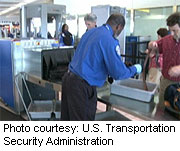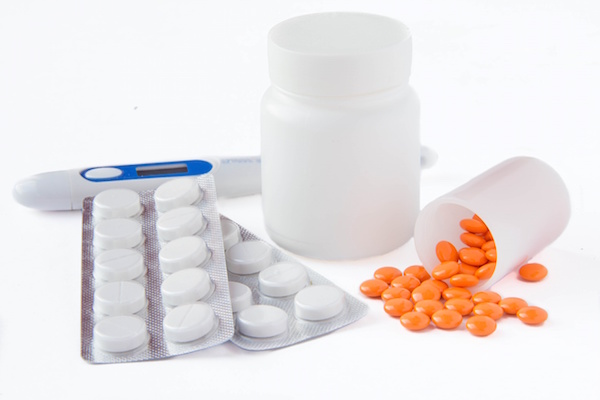
WEDNESDAY, Oct. 22, 2014 (HealthDay News) — Public health officials plan to actively monitor all U.S. residents returning home from one of the three Ebola-affected nations in West Africa, the Centers for Disease Control and Prevention announced Wednesday.
The new monitoring program, which starts Monday, will require anyone back from Liberia, Guinea or Sierra Leone to check their temperature twice a day and report back daily to their local public health department, CDC Director Dr. Tom Frieden said in a Wednesday press conference.
“State and local authorities will require travelers to report their temperature, and the presence or absence of Ebola symptoms aside from a fever,” he said. “They also will be required to coordinate with local public health officials if they intend to travel, and make arrangements to have their temperature monitored during travel.”
Similar measures already have been implemented to track any residents of the three West African nations who travel to the United States.
Experts say 21 days is the longest it can take for Ebola to develop in a person.
The new program is intended to make sure that a person with Ebola is isolated early in the course of their illness, Frieden explained.
“That will reduce the chance that Ebola will spread to close contacts and health care workers,” he said.
The monitoring program will concentrate on six states where 70 percent of U.S. travelers to the West African countries reside — New York, Pennsylvania, Maryland, Virginia, New Jersey and Georgia. The CDC will reach out to public health officials in other states as necessary.
Most of the travelers are expected to be either journalists or people who have gone to the region to help fight the Ebola epidemic, Frieden noted.
Returning travelers will be required to provide detailed contact information, including e-mail addresses, home addresses, and contact information for a friend or relative, he said.
The travelers also will be handed a care kit that includes a thermometer, a tracking log, a pictorial description of symptoms, a colored card they can present to health care providers if they are ill, and information on where to call and what to say if they develop symptoms, Frieden said.
Above all, the entry contact is intended to “convey the fundamental message that if you become sick, get care quickly because that could save your life and protect your family,” he said.
Regarding ongoing Ebola monitoring efforts in the United States, Frieden said:
- Four West African travelers who have been taken to the hospital as a result of entry screening are not believed to have Ebola, although one remains under observation. The four are among 562 people from the three countries who have gone through entry screening at U.S. airports; all others were cleared for entry.
- About 50 health care workers in Dallas who cared for the first diagnosed U.S. patient with Ebola, Thomas Eric Duncan, are two-thirds of the way through their 21-day monitoring program. The first two weeks represent 90 percent of the risk of contracting Ebola. They are being monitored because two of Duncan’s nurses contracted Ebola during his care.
In other Ebola news:
- Newly appointed “Ebola czar” Ron Klain started his new assignment Wednesday, meeting with President Barack Obama and various White House teams leading the government’s response to Ebola.
- Pharmaceutical giant Johnson & Johnson announced Wednesday that it is committing $200 million to the testing of an Ebola vaccine. The company plans to begin safety trials in January and hopes to produce 1 million doses in 2015, with 250,000 available for clinical trials by May, The New York Times reported.
More information
Visit the U.S. Centers for Disease Control and Prevention for more on Ebola.
Copyright © 2026 HealthDay. All rights reserved.

